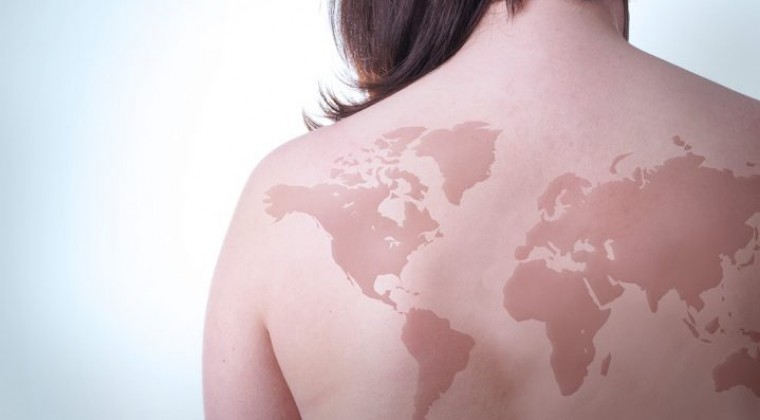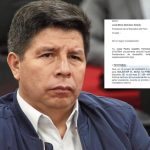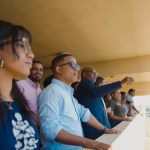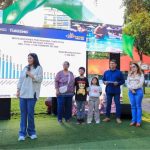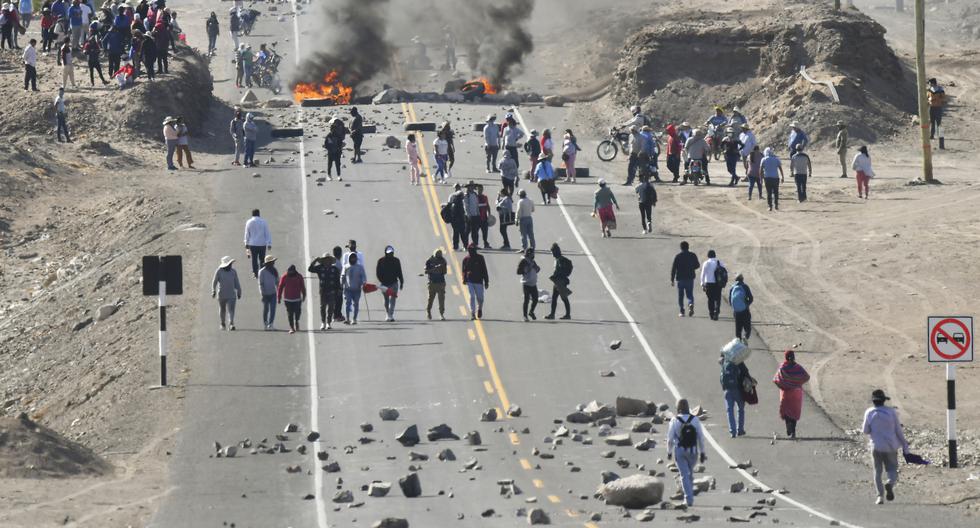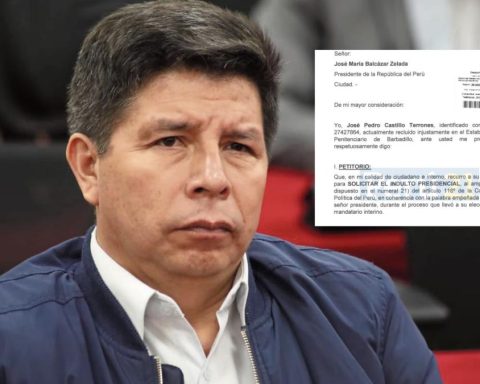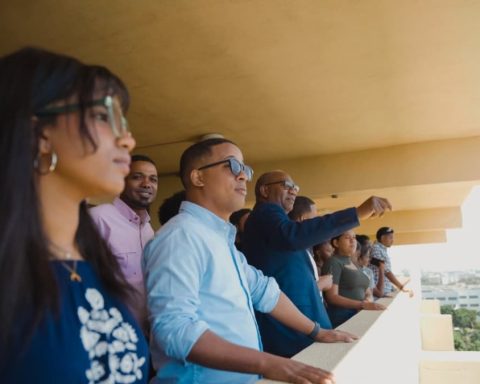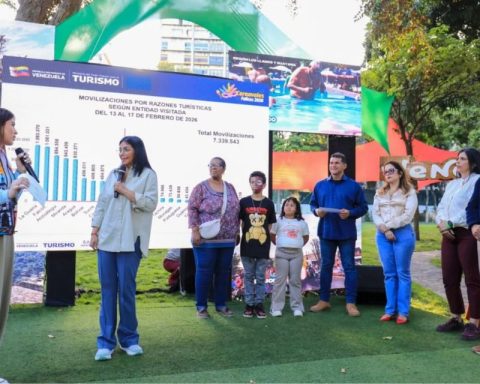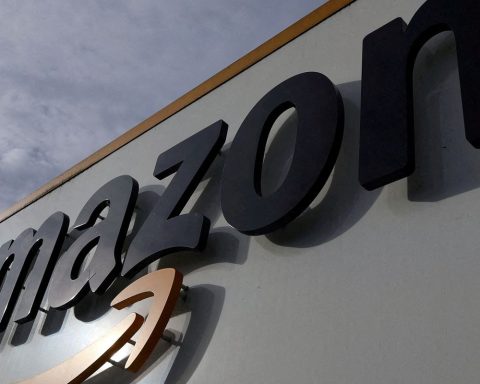This year 2023 the motto of the National Leprosy Control Program is “Act now. Put an end to leprosy”, which draws attention to three points.
-
Elimination is possible: we have the power and tools to stop transmission and defeat this disease.
-
Act now: we need resources and commitments to end leprosy. Give priority to the elimination of leprosy.
-
Reaching those left behind: leprosy can be prevent and treat. Suffering from leprosy is unnecessary.
The disease is completely curable and the treatment is effective, if followed correctly, which consists of a combination of antibiotics called polychemotherapy (PQT). The Leprosy mainly affects the skin, nerves, the mucosa of the upper respiratory tract, and the eyes.
According to the Pan American Health Organization PAHO/WHO, in some cases symptoms may appear as early as nine months after contamination and, in other cases, it may take up to 20 years. It is transmitted through close and frequent contact with untreated infected people.
The initial symptoms are light or dark spots or nodules on the skin, that cause skin lesions and loss of sensitivity in the affected area. Other symptoms include muscle weakness and tingling in the hands and feet. When cases are not treated at the onset of signs and symptoms, the disease can cause progressive and permanent sequelae, including deformities and mutilations, reduced mobility of the extremities and even blindness.
In Paraguay, from 2017 to 2021, the country registered 1,493 new cases, an average of 298.5 cases per year. It is worth mentioning that, from 2016 to 2021, a higher proportion of new cases was observed in males.
The National Leprosy Control Program has coverage throughout the country to diagnose and treat this disease. Likewise, it has regional coordinators and monthly training is established for health professionals to improve patient management.
It’s news today: Argentina announces tender for a new electrical connection with Paraguay
The medication is provided to patients in all the Health Regions, through regional coordinators who carry out epidemiological surveillance. In each Health Region, treatment is free and can be performed at any USF, as part of Primary Health Care. It should be noted that both treatment and laboratory are offered free of charge throughout the country.
The Ministry of Public Health urges citizens to consult before the appearance of spots on the skin to rule out a possible outbreak of leprosy. For more information, contact the Center for Dermatological Specialties, Calle´í, San Lorenzo, telephone: 021 – 585807, Monday through Friday from 7:00 a.m. to 3:00 p.m.
The entrance Leprosy: early detection prevents disabilities was first published on newspaper TODAY.
